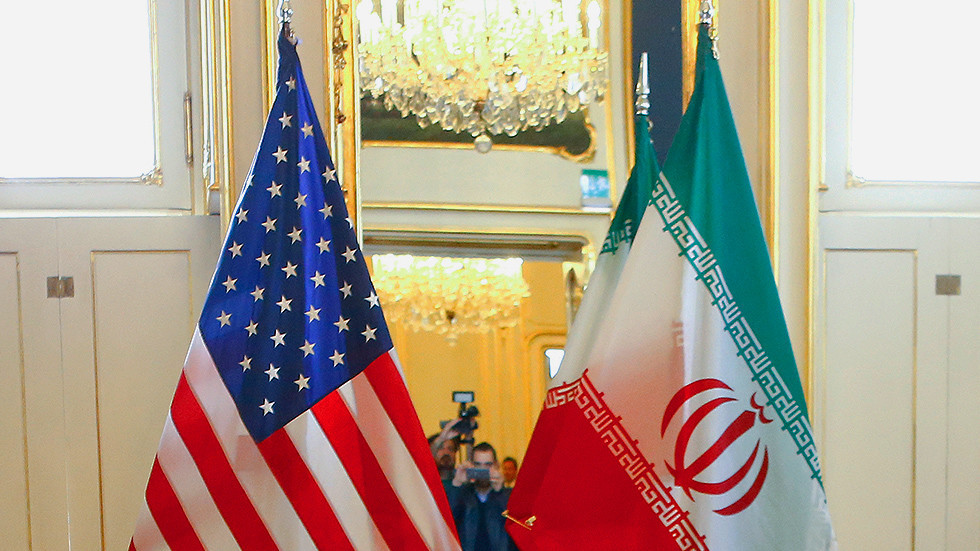It’s the most optimistic statement from the administration of President Joe Biden since the nuclear talks resumed in Vienna last December.
McGurk, who was speaking at a Carnegie Endowment event, didn’t explain the reasoning behind his assessment.
Biden administration officials have set the end of January or beginning of February as an unofficial deadline for the negotiations, in large part because they believe Iran’s nuclear advances will soon render the 2015 deal ineffective.
Iranian officials have rejected western diplomats’ remarks about a deadline for reaching an agreement in Vienna talks, and stressed Tehran is only after a good agreement.
Both US and European officials have announced in recent weeks that progress in Vienna has been modest and very slow.
McGurk stated the talks are close “to a culmination point” and the US will soon know if Iran is ready to return to full compliance with the 2015 nuclear deal on terms Washington can accept.
Despite his relative optimism, McGurk noted the US was prepared for the possibility that the talks would collapse without a deal.
He also added the Biden administration remains focused on restoring the 2015 accord and is not interested in a “less for less” interim deal.
The Joint Comprehensive Plan of Action (JCPOA) was inked by Iran and six world powers in 2015. Under the deal, Tehran agreed to put limits on certain aspects of its nuclear activities in exchange for the removal of draconian international sanctions imposed against the country.
In 2018, however, the US, under President Donald Trump, pulled out of the pact and reinstated sanctions under the so-called ‘maximum pressure campaign’ against Tehran, effectively depriving Iran of the deal’s benefits by forcing third parties to stop doing business with Iran.
Iran remained patient for an entire year, after which it began to take incremental steps away from its nuclear obligations, especially after Europeans failed to salvage the deal under the US pressure.
The Islamic Republic’s decision to ramp up its nuclear activities prompted other parties to revive talks earlier this year.
Iran and the five remaining parties to the JCPOA — Germany, Britain, France, Russia and China — began the talks in the Austrian capital in April with the aim of removing the sanctions after the US voiced its willingness to return to the agreement.
During the seventh round of the Vienna talks, the first under President Ebrahim Raeisi, Iran presented two draft texts which address, separately, the removal of US sanctions and Iran’s return to its nuclear commitments under the JCPOA. Tehran also said it was preparing a third draft text on the verification of the sanctions removal.
The eighth round of talks kicked off in Vienna in late December. The negotiations seek to restore the JCPOA in its original form and bring the US back into the agreement.
Iran insists that the talks must lead to the removal of all American sanctions that were imposed against Tehran following Washington’s unilateral withdrawal from the landmark agreement in May 2018. Tehran has also demanded credible guarantees that Washington will not abandon the deal again.
